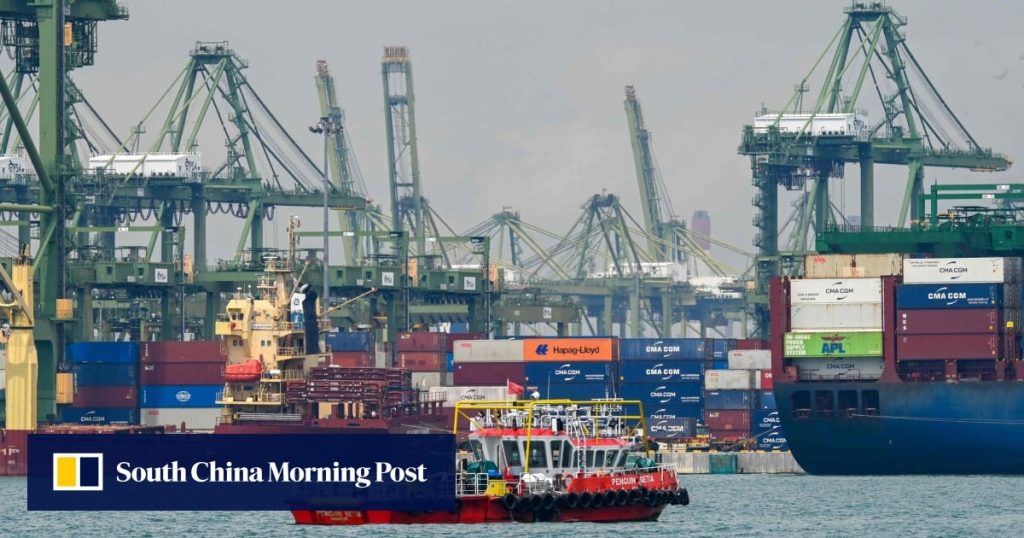The partnership, signed last month, aims to establish a digital and green shipping corridor between the two countries, and promote maritime decarbonisation, innovation and greater supply chain efficiency.
The deal could give Singapore a competitive edge by plugging it directly into China’s rapidly expanding clean‑fuel production ecosystem, at a time when Beijing is emerging as the key driver of global maritime decarbonisation, according to analysts.
“The arrangement will allow Singapore to build a strong supply chain with alternative fuels and be a major supplier of biofuel, green methanol, green ammonia and maybe even liquid natural gas,” said Jason Xu, director of the Maritime Energy and Sustainable Development Centre of Excellence (MESD) at Nanyang Technological University.
The large volume of shipping traffic between both countries meant that even small shifts to green fuels or improvements in operational efficiency would lead to substantial emissions cuts, said Liu Ming, research director at MESD.
Given that Singapore is the world’s biggest bunkering hub and home to the second-busiest container port, analysts say it is no surprise that the city state is leading Southeast Asia and even the world in driving green shipping efforts.
Singapore supplies over a sixth of the fuels used by global shipping, according to its Maritime and Port Authority, delivering a record 55 million tonnes last year. The country also supplied a record of over 1 million tonnes of alternative bunker fuels in 2024.


